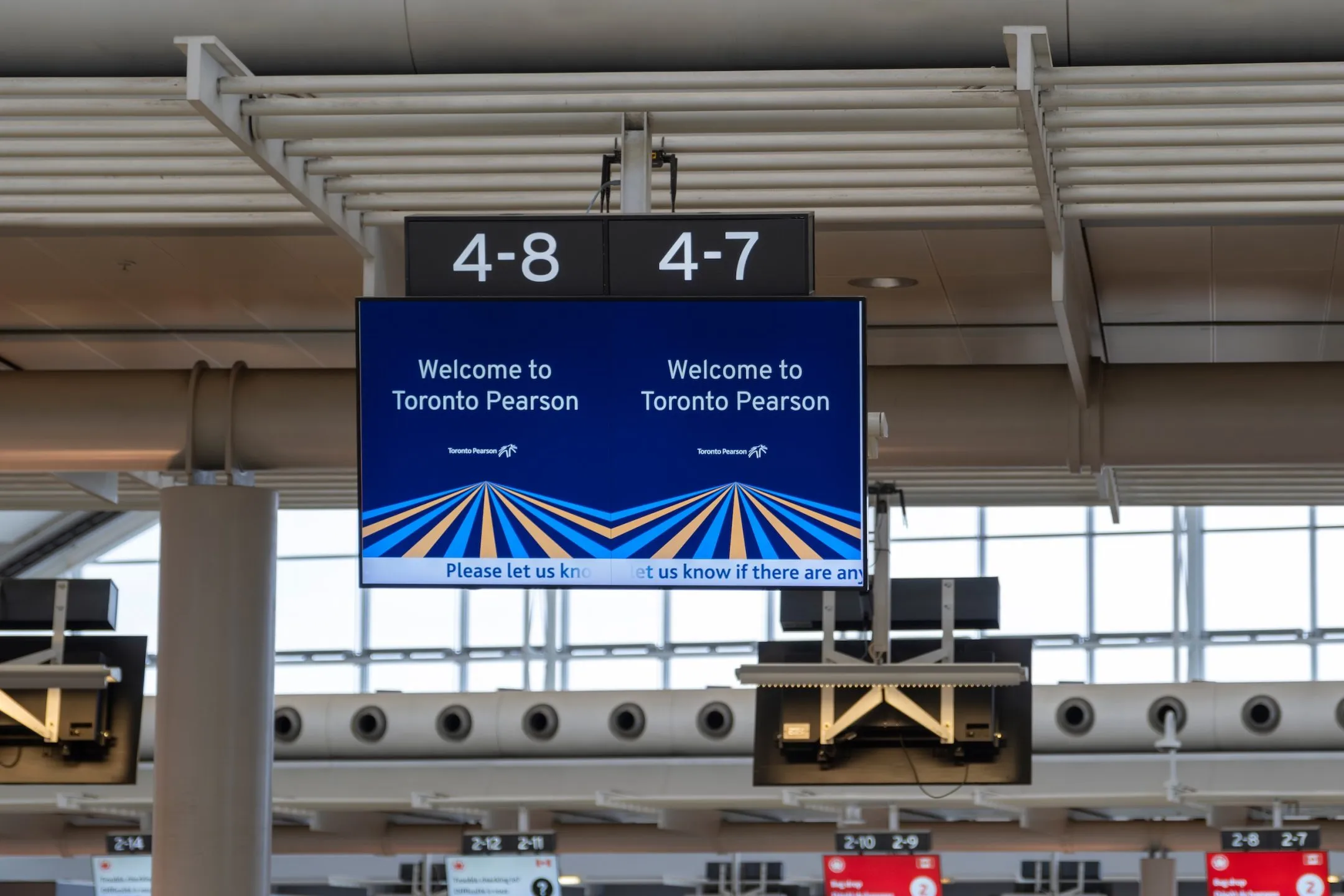This blog is the first in a three-part series called ‘Employment for Foreign Workers’.
Between January and April of 2020, Immigration, Refugees, and Citizenship Canada (“IRCC”) issued over 33,000 work permits under the Temporary Foreign Worker Program (“TFWP”), and over 76,000 work permits under the International Mobility Program (“IMP”).
IRCC has also announced its immigration levels plan for 2021-2023 and intends to welcome 401,000 immigrants in 2021, 411,000 immigrants in 2022, and 421,000 immigrants in 2022, respectively. This is the highest level of planned immigration in Canadian history.
With the above in mind, interested applicants (and their prospective employers) will want to plan carefully to determine the purpose for coming to Canada and based on this, determine the best route for applying to come to Canada. This is because there are a wide range of programs available at both the federal and provincial level, including both in relation to work or study.
Further, since foreign workers represent such a significant portion of entries to Canada, immigration programs relating to permission to work in Canada will have a direct impact on employment matters such as severance and wrongful dismissal.
Coming to Canada to Study
If you wish to study in Canada, you will be required to obtain a study permit beforehand.
To obtain a study permit, there are various requirements that must be met including:
- Enrolment at a designated learning institution in Canada
- Proof that you have enough money to pay:
- Tuition fees
- Living expenses for yourself and any family members who come to Canada with you
- Return transportation for yourself and any family members who come with you to Canada
- A clear criminal record and a police clearance certificate (if applicable)
- Proof you are in good health, along with a medical exam (if required)
- Proof that you have a plan to leave Canada when your study permit expires
While studying in Canada you are expected to:
- Make progress towards completing your program
- Respect any conditions listed on your study permit
- Stop studying if you no longer meet the requirements
- Leave Canada when your permit expires
It is important to note that IRCC has significant discretion to determine whether to grant a study permit based on their interpretation of the intention for entry. For example, many study permits are refused on the basis that the immigration officer is not convinced that the applicant has a genuine intention to return to their country following the completion of their studies.
Coming to Canada to Work
To be eligible to come to Canada to work, there are various steps that must be followed to secure a work permit.
IRCC and Employment and Social Development Canada (“ESDC”) are the two (2) federal departments primarily involved in the process of hiring temporary foreign workers.
In most cases, you must have pre-arranged employment with a specific Canadian employer to be eligible for a work permit. Depending on the nature of the role and its related duties, the application may begin by determining whether a Labour Market Impact Assessment (“LMIA”) is required. An LMIA is a process where an employer seeks the opinion of the ESDC confirming whether the employment of the foreign worker will have a positive, negative, or neutral impact on the Canadian labour market. If an LMIA is required, then a foreign worker will only be considered for a work permit if ESDC concludes that the impact will be neutral or positive in effect.
Generally, and in most cases, an LMIA is required to hire a temporary foreign worker. However, certain types of jobs are exempt from the requirement to obtain an LMIA because of, for example, current international agreements in place such as the General Agreement on Trades and Services (“GATS”).
Once an LMIA is obtained, the foreign worker will apply for a work permit on the basis of the newly issued neutral/positive LMIA. In most cases, the foreign worker will apply for a work permit from outside of Canada prior to arrival.
While individuals from countries exempt from the requirement to obtain a Temporary Resident Visa (such as France or Japan) can normally apply directly at the border for a work permit, current travel restrictions necessitated changes to the process. Other than through some narrow exceptions, until further notice most applications must be processed at a consulate/embassy outside of Canada before the individual is authorized to travel to Canada.
What if I don’t have a job offer?
It is possible to apply to come to Canada without a Canadian job offer.
If you are qualified in an occupation that is identified as “in-demand” (whether at the federal or provincial level), you may be eligible for consideration to come to Canada under a separate federal or provincial program, such as:
- Express Entry Program
- Provincial Nominee Program
Express Entry Program
Once you have confirmed that you meet the requirements for eligibility, you can apply for permanent residency by creating an online Express Entry profile. This option essentially allows foreign workers to apply directly for permanent residency rather than starting as a temporary foreign worker.
The information you provide in your profile will automatically determine if you’re eligible under one of the following applicant pools:
- Federal Skilled Worker Program
- This program is for those with qualifications and skills in managerial and professional occupations
- Federal Skilled Trades Program
- This program is for those with qualifications or experience in trade occupations
- Canada Experience Class
- This program is for people in the above-mentioned categories who have one or more years of experience working in Canada in the specified trade/profession
If you are eligible for one of the above programs, it is important to take advantage of as many points as possible under the Comprehensive Ranking System (CRS). This will help to ensure that you maximize your chances of receiving an Invitation to Apply (“ITA”) for permanent residency, as the system is designed to select from the highest scoring individuals.
Provincial Nominee Program
If you are not eligible for the Express Entry program, you can look into applying to a specific province for a work permit and/or for sponsorship to support economic migration.
Each province in Canada has different labour needs in various industries, and these needs change depending on economic circumstances. For this reason, it is often worth investigating different options available under specific streams within the individual provinces. This can include:
- In-demand categories
- This category is to address severe labour shortages in provinces. This differs province-by-province.
- Skilled worker categories
- This category is for foreign workers with significant experience/qualifications in their respective managerial or professional occupation.
- International Graduate categories
- This is for those who wish to study initially and intend to continue living and working in the respective province.
COVID-19 has had an impact on both the Express Entry and Provincial Nomination Programs. This includes a reduction in the number of individuals invited under Express Entry and suspension of various Provincial Nomination Programs. The volatile nature of availability for entry through these programs means that more focused research and planning is appropriate.
If you are a foreign worker with questions about securing temporary or permanent entry to Canada, or if you are an employer and have any questions relating to hiring temporary foreign workers, or the impact on employment rights such as severance, termination pay and/or wrongful dismissal, please contact Toronto employment and immigration lawyers Sultan Lawyers at 416-214-5111 or here.
Your Case: Our Priority.
At Sultan Lawyers PC, we are the only firm specializing exclusively in employment and immigration law. Whether your case is straightforward or complex, we have the experience and commitment to achieve the best possible outcome. Trust us to navigate the toughest challenges with you.



